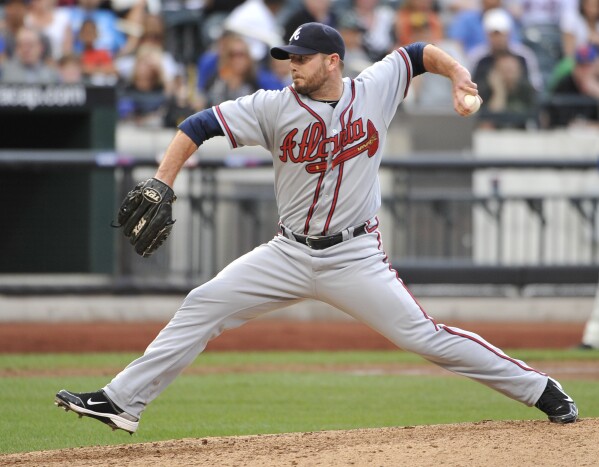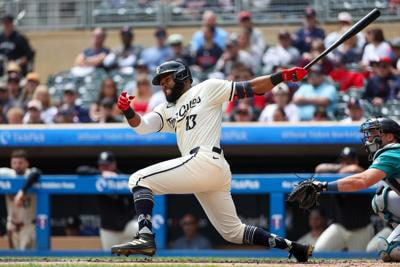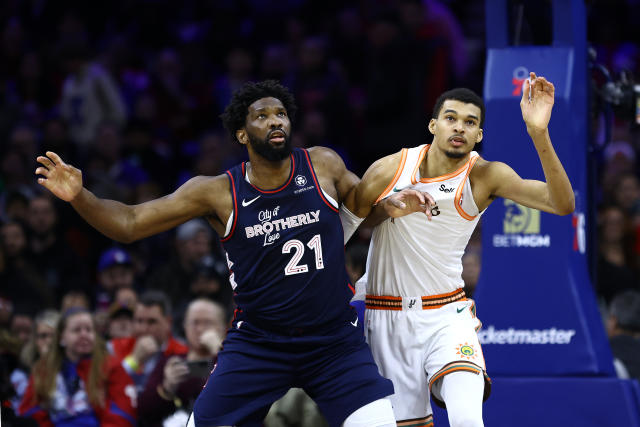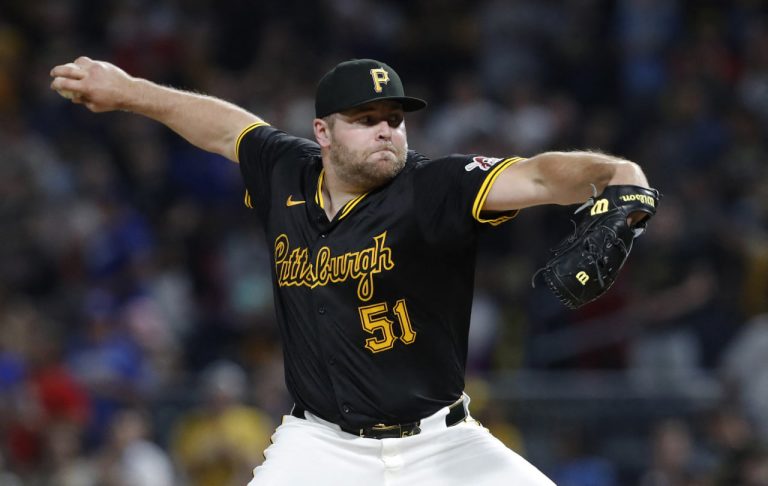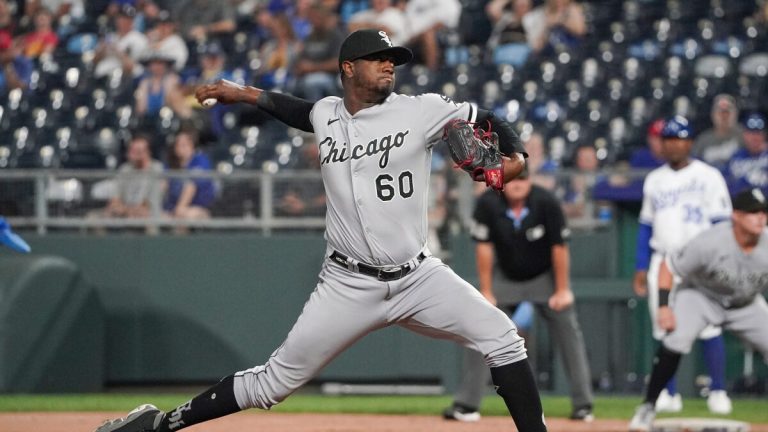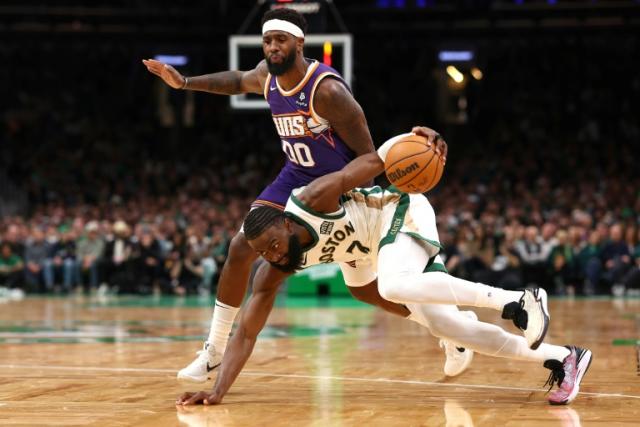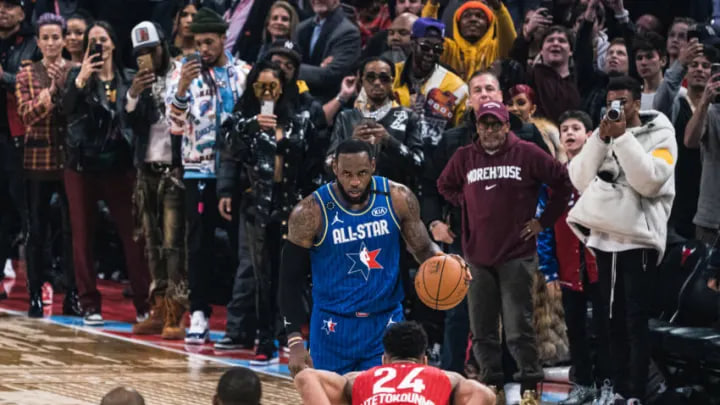Adrián Beltré, Joe Mauer, and Todd Helton are poised for Hall of Fame induction, with Billy Wagner in close contention
According to early projections, Adrián Beltré, Joe Mauer, and Todd Helton seem poised to secure spots in the Baseball Hall of Fame, while Billy Wagner is expected to be close to the required 75% threshold. Gary Sheffield, however, is anticipated to fall short.
Check our baseball tips and predictions!
Currently, only 270 players out of approximately 20,500 who have played in the major leagues are in the Hall of Fame, making up just 1.3%, as per the Elias Sports Bureau. Including executives, pioneers, managers, and umpires, the total membership is 343.
The significance of these votes is underscored by their life-changing impact, as noted by The Athletic’s Jason Stark, a voter for three decades. The responsibility of deciding who merits entry into Cooperstown is a substantial one.
The debate over a “Big Hall” or “Small Hall” continues, reflecting the ongoing discussion about which players deserve a place in the Hall of Fame. For this year’s Baseball Writers’ Association of America ballot, Stark used all 10 available slots, while Boston Globe columnist Dan Shaughnessy only checked two, indicating support for Beltré and Mauer.
Shaughnessy, a recipient of the Hall’s BBWAA Career Excellence Award along with Stark, expressed the criterion for Hall of Fame consideration as seeking players who were dominant in their respective positions during the era in which they played.
According to Ryan Thibodaux’s Hall of Fame Ballot Tracker, Beltré, in his first attempt, received the highest support at 99%. Mauer, also making his initial ballot appearance, secured the second spot with 83%, while Helton, in his sixth appearance, followed closely at 82.5%.
Wagner, on the ballot for the ninth time, garnered 78.4%, and Sheffield, in his 10th and final appearance, held a 74.7% approval, followed by Andruw Jones at 70.6%. Typically, a player’s percentage tends to decrease in the final total of around 400 ballots, and the tracker’s figures include only those voters who have disclosed their choices, constituting about half of those eligible to submit ballots.
Helton had a 79.8% support on the tracker before last year’s announcement but fell short by 11 votes, ending up at 72.2%. The only player elected last year was Scott Rolen.
This year, there is a possibility of four players being elected, marking the fourth time in the past 10 years. The only instance with five players elected was in the inaugural election in 1936.
The induction ceremony is scheduled for July 21, where the elected players will be enshrined along with manager Jim Leyland, chosen by the contemporary era committee for managers, executives, and umpires.
Last year, there was an average of 5.86 names on Hall of Fame ballots, a decrease from 7.11 in 2022. The BBWAA reported that 13.9% of voters utilized all 10 available slots, a notable drop from 33.8% in the previous year.
According to Bob Costas, recipient of the Hall’s Frick Award for broadcasters (although not a voter himself), there is no longer a clear dividing line in Hall of Fame considerations. He acknowledged the informative role of modern analytics in making valid cases for overlooked players but emphasized the complexity of the issue, stating that there are many overlapping circumstances.
The debate often boils down to questions like, “If this player is in, why isn’t that player?” Costas noted the challenges in navigating this mishmash of perspectives.
Players with ties to steroids, such as Alex Rodríguez (35.7%) and Manny Ramírez (33.2%), fell significantly short last year. Shaughnessy, for instance, excluded them from his ballot, citing the criteria that voting should be based on a player’s record, playing ability, integrity, sportsmanship, character, and contributions to the team(s) on which the player played.
Shaughnessy highlighted the difficulty posed by the character clause in the voting process, emphasizing its strict and unforgiving nature, though he noted a gradual clearing through the challenges in recent times.
“I’m aware that my perspective is not widely embraced, and I acknowledge that it’s becoming less relevant, especially among younger voters, and I respect that shift.”
Beltré, a four-time All-Star and five-time Gold Glove third baseman, posted a .286 batting average with 477 home runs and 1,707 RBIs while playing for the Los Angeles Dodgers (1998-2004), Seattle (2005-09), Boston (2010), and Texas (2011-18). His 2,759 games at third base rank second to Brooks Robinson’s 2,870, and his 636 doubles are the 11th most in MLB history.
Mauer, a six-time All-Star, three-time Gold Glove winner, and the 2009 AL MVP, spent 15 seasons with the Minnesota Twins. As the only catcher to win three batting titles, he compiled a .306 batting average with 143 home runs and 906 RBIs from 2004 to 2018.
Helton received 16.5% support in 2019, his first year on the ballot. A five-time All-Star first baseman and the 2000 MLB batting champion, he maintained a .316 batting average over 17 seasons with the Colorado Rockies. Helton’s 369 home runs, 1,406 RBIs, and 1,401 runs were accompanied by notable disparities in his home/road statistics—batting .345 with 200 homers and 791 RBIs at Coors Field and .287 with 142 homers and 547 RBIs on the road.
Wagner received 10.5% of votes when first eligible in 2016. The seven-time All-Star left-handed reliever ranks sixth in career saves with 422, holding a 47-40 record and a 2.31 ERA in 16 seasons. He played for Houston (1995-2003), Philadelphia (2004-05), the New York Mets (2006-09), Boston (2009), and Atlanta (2010).
Sheffield garnered 11.7% support in his first ballot appearance in 2015. A nine-time All-Star and the 1992 NL batting champion, Sheffield initially played as an infielder before transitioning to the outfield during his 22-season career. He compiled a .292 batting average with 509 home runs and 1,676 RBIs, playing for Milwaukee (1988-91), San Diego (1992-93), Florida (1993-98), the Dodgers (1998-2001), Atlanta (2002-03), the New York Yankees (2004-06), Detroit (2007-08), and the Mets (2009).

